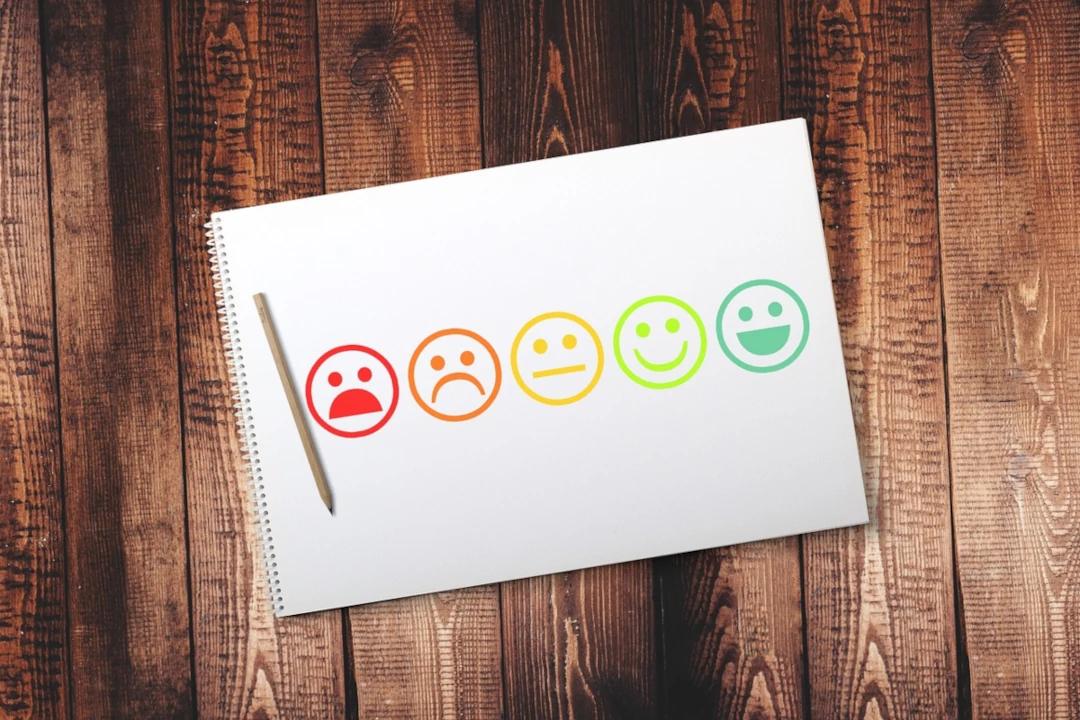Fri Dec 29 2023
Closing the Loop - Why Responding to Customer Feedback Matters

Brands that don’t close the loop with their customers risk losing them. And those that do are more likely to retain unhappy customers and grow their customer base.
Closing the loop is more than checking off a CX program to-do list. Here are a few reasons why it matters.
Client Contentment
For many businesses, customer satisfaction is a crucial indicator. A high score can help enterprises acquire new customers, but it's essential to understand why a company may have a low one so that they can take steps to improve the experience for the customer.
In case of a negative review, responding to the customer to demonstrate your concern and efforts to resolve the issue is crucial. It is essential if the customer has mentioned that they will leave a negative review of your business, as dissatisfied customers are twice as likely to spread lousy word-of-mouth than happy ones.
In addition to demonstrating care for the customer, a thoughtful response can boost your business's satisfaction rating. For example, if you can address the complaint and prove that you are trying to fix it, the customer will be more satisfied with your company. This will make them more likely to recommend your company to friends and family.
Product Development
Product success depends heavily on customers, whether for new or improved products. To do that, you need to have a robust product development process that includes collecting customer feedback.
This helps you understand your market's unmet needs and expectations and can help you find solutions that resonate with the market. Tools like surveys, forms with conditional logic, and focus groups can help you gather initial customer feedback that you can then use to refine your prototype and conduct market testing.
In addition to collecting customer feedback, you must respond to customers when they raise specific requests for improvements. Doing so shows that you’re listening to them and care about what they say. This is especially true if you’re unable to implement their request. You can do this by contextualizing their request with reasons why you cannot implement it or providing them with alternative features they may be interested in.
Customer Loyalty
Customer loyalty is more than a repeat purchase or referral. Genuinely loyal customers have an emotional connection to your brand and feel like you share some of their values. They are unlikely to be swayed by competitors and will likely advocate for your company to others.
Loyal customers are also less costly to serve than new ones. It is estimated that converting a new customer costs 5-7 times more than a returning one.
Responding to feedback is an essential component of building loyalty. Whether positive or negative, responding to feedback demonstrates a commitment to improving products and services. Even if the input is negative, your team should be able to spin it positively, communicating that you are addressing the issue and trying to make things right. This is what builds loyalty and a long-lasting relationship with your customers.
Customer Retention
Retaining users is a significant focus for product teams and marketers alike. Did you know keeping your current customers happy can be more cost-effective than acquiring new ones? Studies have shown that a slight increase in customer retention can have a significant impact on your revenue. Strengthening relationships with current customers can significantly increase your business's profitability and create a loyal customer base that will consistently return to you.
Measuring retention correctly depends on your business. For example, if you provide grocery delivery services, seeing sales retention on a specific day (N-Day Retention) may not be as helpful as focusing on the percentage of users that return within a bracket of time after each interaction, like a week or a month.
Businesses implement customer retention strategies to increase loyalty, improve lifetime value, and begin with customer satisfaction. It’s common knowledge that retaining existing users is much easier than gaining first-time ones, so focusing on customer retention can help you scale your business. For this reason, it’s essential to use a feedback tool that provides you with the data you need to evaluate and monitor customer retention.